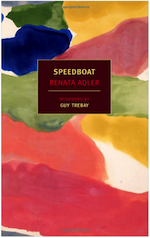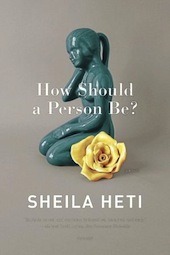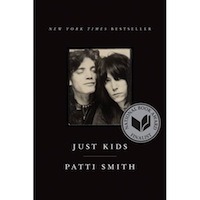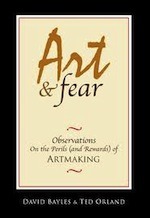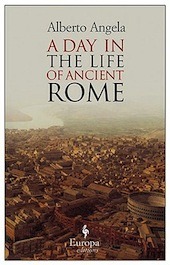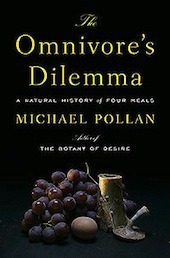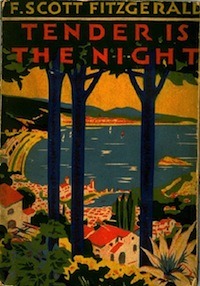6. Hope in the Dark: Untold Histories, Wild Possibilities by Rebecca Solnit (2004)
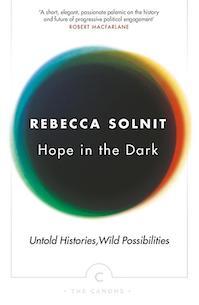
A politics of hope. As Solnit so eloquently proposes, this doesn’t mean naive optimism about the future, which allows for inaction, but rather acting with faith in the unexpected, unrecognized and surprising ways change for the better happens. Eruptions of the people taking power are never predictable, but they certainly weren’t born of doomsayers and “what-abouters” (e.g, the left eating itself). Her philosophy will be important to hold onto as action in the face of climate change becomes imperative.
Provenance: A bookstore, not sure which.
Fate: On the keeper shelf.
7. King Kong Théorie by Virginie Despentes (2006)
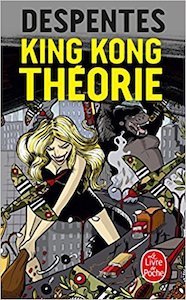
This is a manifesto. A declaration of war. A punk text. Despentes on living in a patriarchy, on prostitution and rape, based on her experiences with all of the above. In one essay she delves deep into the psychology and psyche of surviving rape, not the rape itself. It’s profound. I read several interviews with her, and she discusses how getting this book out of her body changed her life. You can feel this in the language itself, how it’s a life-transforming kind of text. There were a few assertions I took issue with, and would be curious to discuss with Despentes herself. For example, her disparagement of anything feminine (with the exception of figure skating and dressage!); her defense of prostitution based on practicing it from the position of being in control of the experience, as a white, educated woman, etc. But you don’t have a balanced discussion with a punk text, you let it stand on its own terms.
Provenance: A bookstore, I don’t remember which one.
Fate: On my keeper shelf.
8. Bored and Brilliant: How Spacing Out Can Unlock Your Most Productive and Creative Self by Manoush Zamarodi (St. Martin’s Press, 2017)
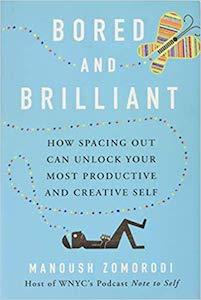
I picked up this book because I was a fan of the “Note to Self” podcast it’s based on. I think it suffers from a marketing problem – I wouldn’t recommend it as a “how-to” on inspiring creativity, but more as a guidebook on taking control of the smart phone in your life and living with it consciously and productively. Lots of interesting summaries of research on how smart phones affect social dynamics, deep thinking and deep reading, childhood development etc.
Provenance: Bargain bookshelf at the American Book Center in The Hague.
Fate: Kicking around the apartment
9. The Light of Other Days by Arthur C. Clarke and Stephen Baxter (Tor Books, 2000)
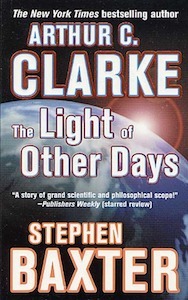
I read this at Dan’s urging (I don’t read a lot of science fiction) as it’s a book he often thinks about and wanted discuss. The various sci-fi premises are definitely juicy: a scientist discovers a way to traverse space and time to create peepholes into any point in the past or present (the past can be viewed, but not interfered with), and, simultaneously, it emerges that a giant asteroid is on a fatal collision course with the earth, though the impact is not for several years. Oh and there’s also stuff about a clone. (These aren’t spoilers.) So humanity is fatalistic, nihilistic, hedonistic in the face of its likely end, while also contending with a real view of its history, and a total loss of privacy. Some of this sounds familiar, doesn’t it. There are a lot of prescient points, and some daring conjectures on the real life of Christ, and the relative poverty of great performances of the past. There’s also a mind-blowing passage that goes back all the way back through the history of life on the planet. I have to say I would have preferred the amazing passages in an essay form, without having to bear through clunky descriptions of characters, wooden dialogue and the slog of a plot (though I guess a lot of other people wouldn’t want to read it then), which I suppose is why I avoid a lot of science fiction. It’s hard for me to choke down bad writing. I can’t drop the critical eye, snob!
Provenance: From Dan
Fate: Kicking around the apartment
10. Motherhood by Sheila Heti (Henry Holt, 2018)
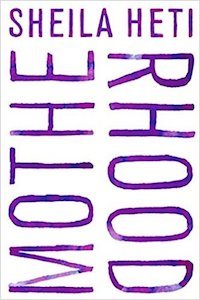
I was just reading up on autofiction and came across Christian Lorentzen’s take on this book in NY Magazine, so I’m presently confusing his insightful, original thinking for my own. To paraphrase his take: the central question of this book—the Sheila character’s agonizing over whether or not to have a child—is a MacGuffin. It’s a way in for Heti the author to explore other issues, like her relationship with her partner, her family history, her mother. Not to say that the question of motherhood isn’t interesting or important (and I’d say it’s more than MacGuffin-level in this novel), but it was perhaps too exclusively the focus of reviews of the book and interviews with Heti. It makes me think it was too narrowly my own focus while reading the book, as I was also ambivalent about motherhood for many years and grateful to hear Heti’s thoughts about this. And then I was ultimately disappointed with how the novel resolved that ambivalence. Lorentzen also makes the important point that autofiction is deceptively simple. It makes you think you’re reading a kind of journal by the author, when really there’s an art and structure underneath. This book therefore merits a second reading from me, where I look at it as a novel with a structure and spanning many subjects rather than a long personal essay on ambivalence about motherhood…
Provenance: Ordered from the American Book Center in The Hague.
Fate: On the keeper shelf

